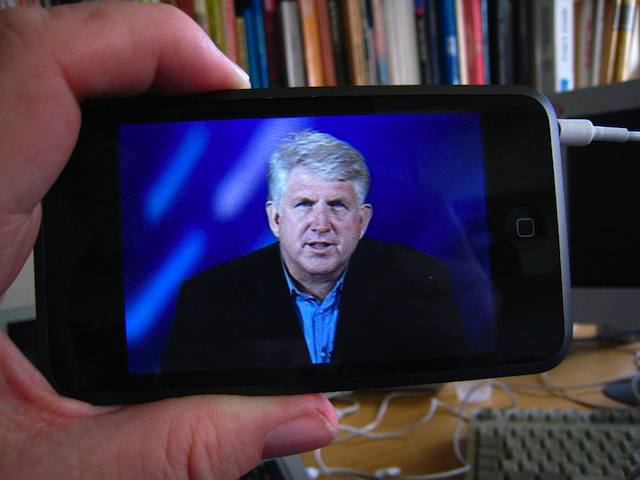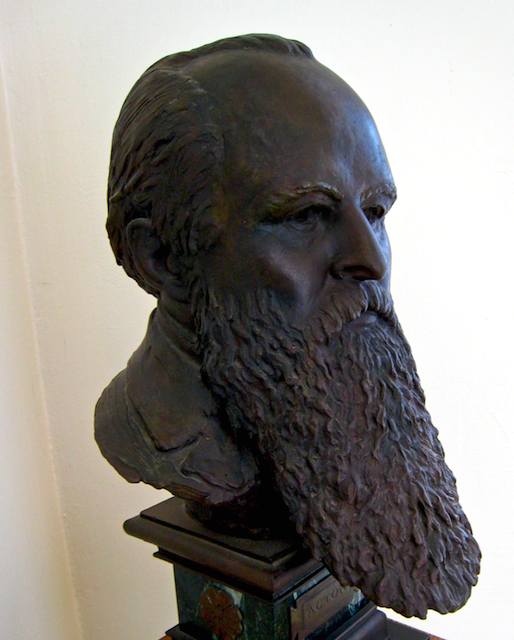Well, as James Miller (who spotted it) says, you couldn’t make this up.
Police have forced London Mayor Boris Johnson to hand over a cigar case belonging to Iraq’s former deputy prime minister Tariq Aziz.
The ex-MP, who obtained the red leather case from Mr Aziz’s bombed-out home while visiting Iraq as a journalist in 2003, said the situation was “stupid”.
He said: “The police have no choice but to investigate this ludicrous affair.”
Under the Iraq (UN Sanctions) Order 2003, anyone possessing Iraqi cultural property must give it to the police.
Mr Johnson deposited the case into custody on Monday afternoon, following instructions from the police…



